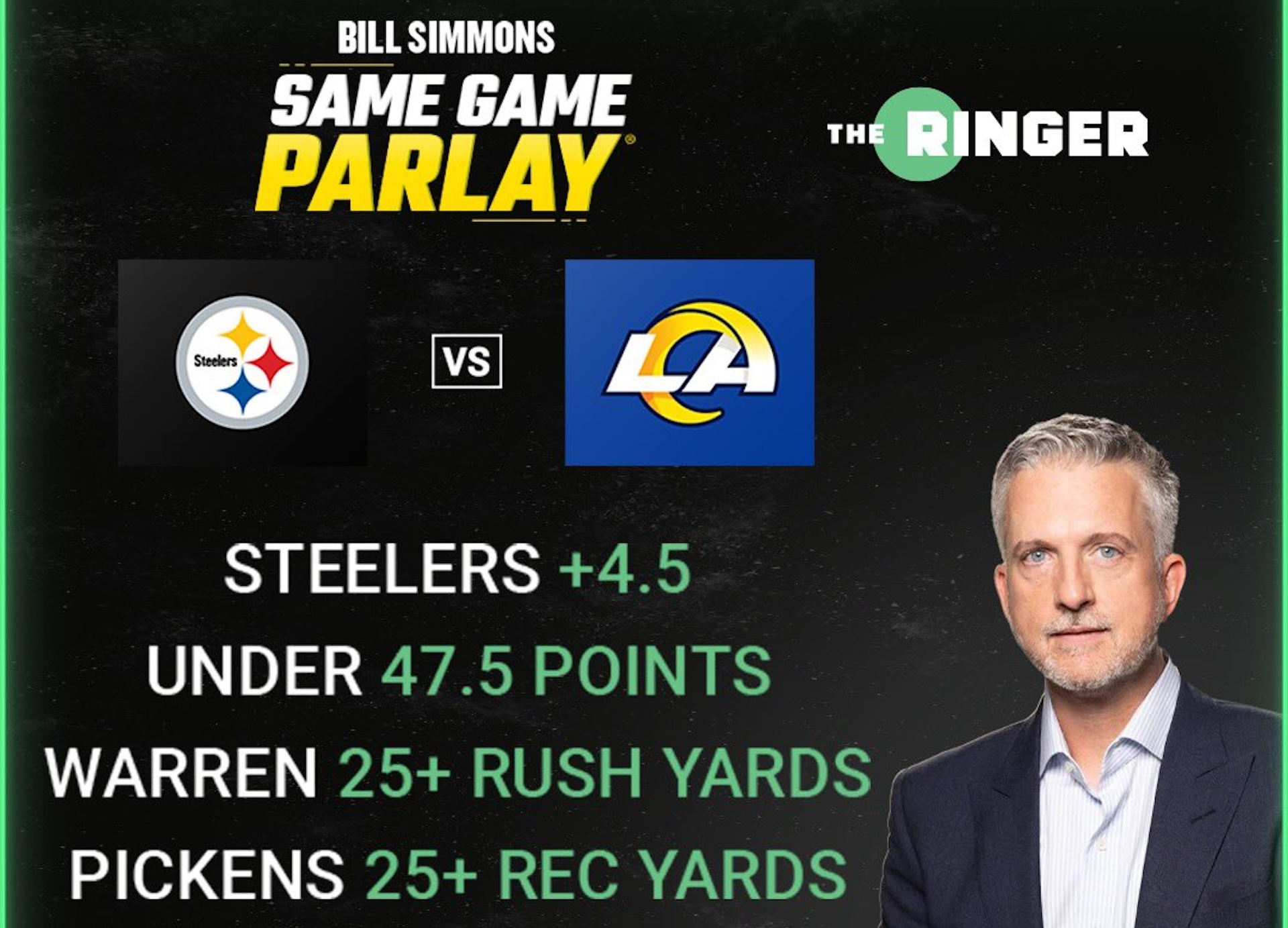There's a funny little story in the Financial Times this week, in which a well-known hedge fund manager named Jim Chanos explains why he's suddenly become bullish on the American sports gambling industry, which he'd previously taken an aggressive short position against. Put simply, his perspective changed because he previously underestimated how easy it is to rinse American bettors.
Chanos's initial skepticism over the viability of American sports books was solidly founded. He looked at online book makers like DraftKings and FanDuel and saw companies not only spending billions of dollars on marketing, but losing money every quarter in an effort to capture a market with relatively small margins. The very nature of sports betting, which requires books to offer competitive odds in order to attract bettors on both sides of the line, usually caps the sports books' hold—the amount of money they keep for themselves after paying out winnings and collecting losses—at around five percent. Chanos, wisely I would say, took in that information and decided to take a short position against DraftKings.
Alas, here he is explaining to FT why he has now exited that short position:
“The betting numbers have continued to be strong in the US, stronger than we thought they’d be,” he told the Financial Times. “The thing that we underestimated — that I think is going to be a benefit for all these companies for a while anyway — is what bad bettors the US gamblers are.”
Chanos closed his short after witnessing the growth in riskier forms of betting through which operators are able to boost margins because the odds are less transparent. These include in-game bets, proposition bets where gamblers wager on certain events happening and multi-string, accumulator bets.FT
It's easy to read the end of that first paragraph and have yourself a chuckle over what dolts American sports bettors are, but the real insight is contained in the second paragraph, which lays out how online sports books have gone about increasing their margins over the last few years. It's not that bettors are any stupider now than they were in the past, when bets had to be placed either in person at a legal sports book or through A Guy at the bar, but that technology has made it significantly easier to turn standard betting behavior into idiotic betting behavior. Anyone who has been exposed to marketing for online sports books, meaning anyone who has watched a single second of sports on TV over the last few years, has surely noticed how hard these companies push in-game bets, props, and parlays onto their customers. These types of bets not only require bettors to make multiple complicated decisions, but actively conceal their unlikelihood of paying out. That of course leads to more money for the sports books, which are finally starting to report profitable quarters. From FT:
Such wagers have “really bad-odds bets for [gamblers] . . . so it’s become a better business than we thought it would be and we saw that during last year’s football season and that’s why we covered our short”, Chanos said.
In-game bets typically command a margin of about 8 per cent, and proposition and accumulator bets boost margins above 10 per cent, according to Chad Beynon, an analyst at Macquarie Group.FT
This is the whole game for online sports books, now. Most of the promotional odds boosts they periodically offer apply only to parlays. And to help them accomplish their goal, they have pretty much the entire sports media industry lined up and ready to assist them. For example, Bill Simmons's podcast is sponsored by FanDuel, and a big part of his job now is to come up with ridiculous long-shot parlays that his listeners can bet along with by opening the FanDuel app clicking one button.
It's easy to see why all of this is working. Simmons and the other media personalities and companies that are on a sports book's payroll are now leveraging decades of audience loyalty into turning readers and listeners into bettors—it's fun to make zany parlay bets with your old pal Bill every weekend!—and bettors, like all Americans, love the serotonin hit that comes from clicking buttons on their phones and watching numbers go up and down.
My advice: If you're going to bet on sports, don't take advice from anyone who talks into a microphone for a living. And place your bets the respectable way, with A Guy at the bar. Nobody paid me to tell you that.






